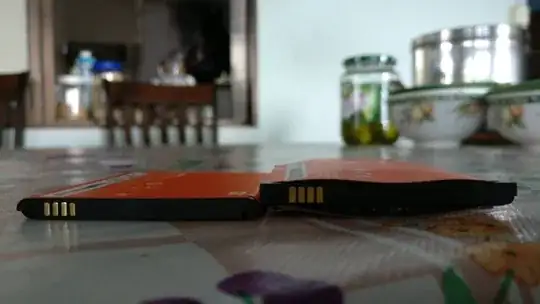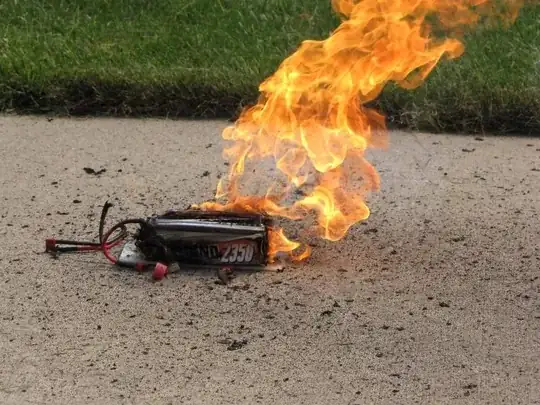
I had this happen, and I had to store it till I had time to drop by a designated ewaste centre which specifically accepted lithium ion batteries. (This is important. Throwing potentially inflammable materials in regular trash is bad. Only you can stop fires)
There's likely no need to panic if it's a week or two.
You want to store it for as short a time as possible. For most part, unless you stab it, an unused bloated battery ought to be reasonably safe. Practically you want to leave it somewhere cool and dry - so a fridge isn't the best place. The fridge trick is used for dying batteries in some cases, not dead ones.
I'd suggest taping over the connectors to prevent accidental shorting and just leaving it somewhere non inflammable.
Freezing doesn't sound bad until you realise you need to take it out there's a sudden change in temperature (potentially bad) condensation (see moisture).
It's also worth considering this had happened over a course of weeks or months before it got noticeable - there was some pressure on the screen and I'd assumed it was an air bubble the screen protector, and I'd noticed the bloating entirely by accident, so short of baking (advertantly or otherwise), burning or stabbing your battery, or taking a few months to do it, you probably don't need to massively baby the battery. Just don't charge it (and for once self discharge is fine). A battery not in use is slightly less likely to spontaneously catch fire.
There're a few suggestions I've seen online - like putting the battery in salty water (which sounds like a terrible idea, especially since lithium reacts violently with water, and is a potential source of bloating anyway) or trying to discharge the battery (energy flow could mean heat could mean fire). The MSDS backs this up, suggesting that the electrolyte reacts with water to form HF (which is nasty) and the anode with h2. And many other scary things.
So leave it alone, keep an eye on it, and avoid viking funerals and you should be fine.

